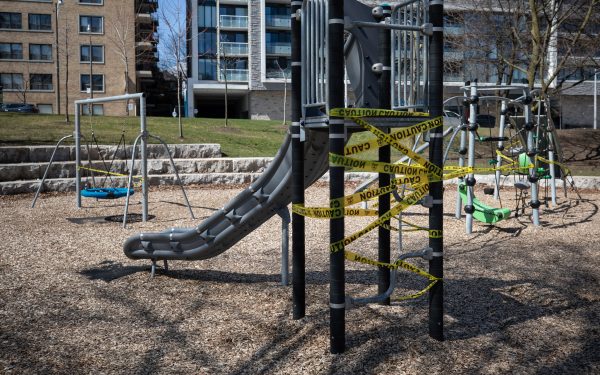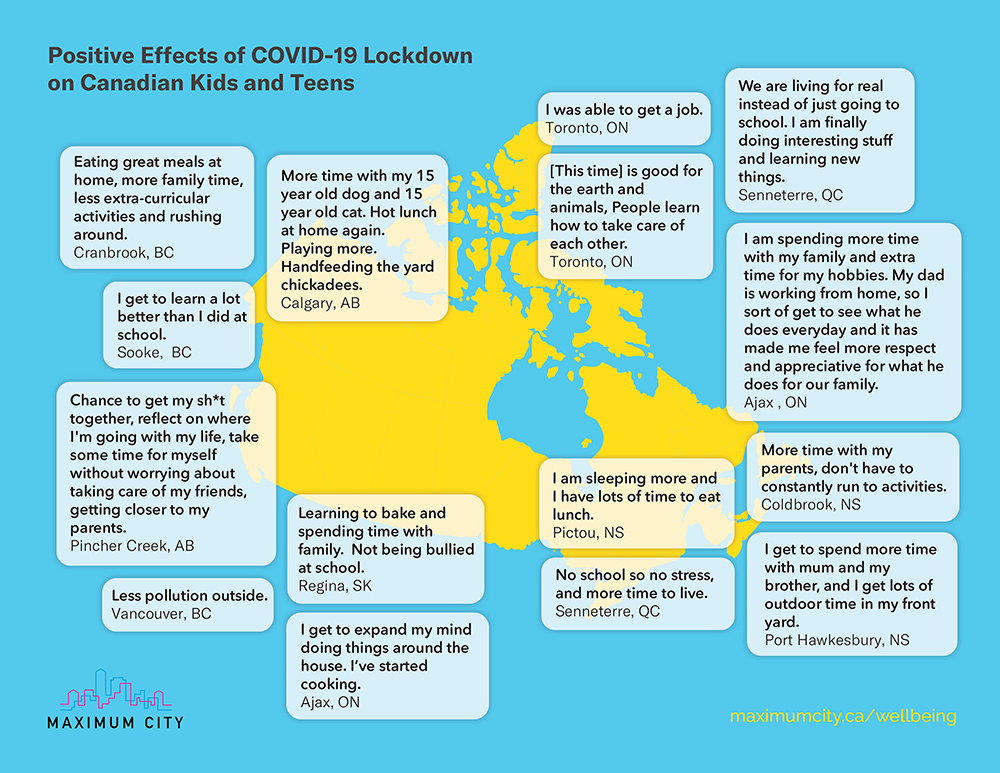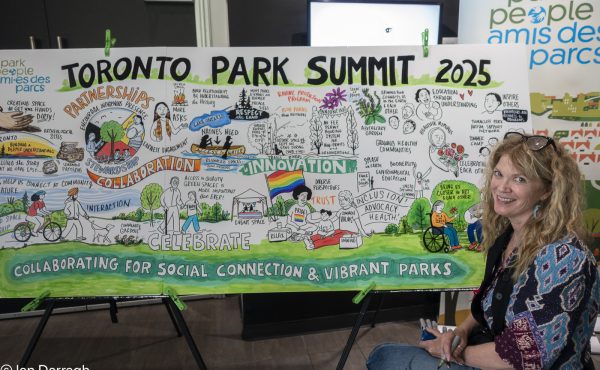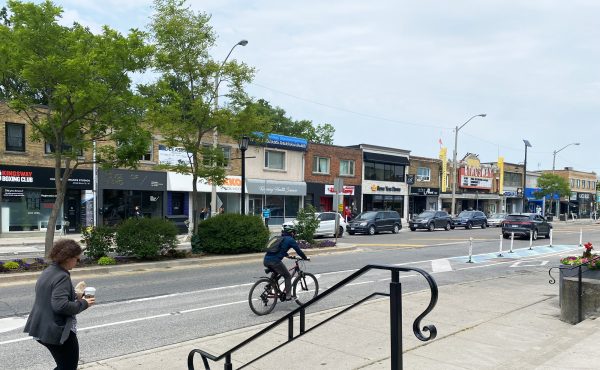COVID-19 has been a destructive force and cruel amplifier of inequalities for many Canadian families. In addition to the damage caused directly by the virus, those who are low-income, racialized, or live in medium and large cities have reported worse secondary health and well-being outcomes. Their deteriorating mental and physical health may produce lagging indicators that, over the long-term, do more harm than the virus itself.
But the news isn’t all bad when it comes to the secondary effects on kids living through COVID conditions. The spring lockdown, in fact, was a great liberator for some Canadian youth who suddenly found themselves on a path to self-discovery. Learning from their positive experiences may hold answers to help fix what was wrong with their school and social conditions prior to March 2020.
A significant proportion of Canadian kids ages 9 to 15 — more than a quarter based on data from a study led by Maximum City — found ways to thrive during the lockdown. The positive effects they cite are predictable, given how tightly bound young lives can be in the 21st century: freedom from school, freedom from social pressures, and freedom from commitments. This new-found freedom, stretching across weeks and months, opened up more time to play, more time to pursue their own interests, more time with pets, more time in nature, more time to roam, more independence, and more quality time with friends and family.
For kids who resented how structured and scheduled their lives were pre-COVID, the lockdown must have felt like a get-out-of-jail-free card. And some kids, in spite of the many headlines to the contrary, preferred their virtual learning experience to in-person school.
Anecdotally, parents have shared stories about introverted kids who relished the solitude and quiet of the pandemic, kids with learning or social challenges who suddenly blossomed, and kids who have taken on social good projects like helping elderly neighbours to get groceries. Other kids have gained independence by using downtime to get out and explore urban and rural places. One parent described her teenage son and his friends as “owning the city” on long explorations of Toronto that would have been unlikely in the before times.
These experiences and memories can have a lasting positive influence on kids’ development. They aren’t nearly an antidote to the terrible destruction of COVID-19, which includes illness, death, hardship, and the physical and psychological toll on kids who did not leave rooms in apartments for weeks. But they do provide some perspective and lessons learned.
Here are some suggestions for parents, educators and caregivers to capitalize on the positive experiences reported by some children and youth during the lockdown, based on what we heard directly from kids themselves.
- Promote student voice and choice to improve engagement and learning outcomes at school. For kids who discovered a passion project or developed a new skill during the lockdown, why not encourage them to continue it as part of their school experience, rather than snuff it out? Intrinsic motivation can be a powerful accelerator for creativity and learning.
- Schedule unstructured time in young lives. It may sound oxymoronic but be intentional about planning for the unplanned. Leave one day a week or every two weeks completely free of commitments for a kid and don’t pressure them to be productive.
- Allow for more and better virtual learning for kids who benefitted from this mode of instruction. It may be unpopular, but the reality is that some kids engaged better during their remote school experience. What this means for achievement is still unknown but claiming that all learning is best delivered in person all the time for all learners is false.
- Encourage independent exploration of the places where kids live. Whether they live in cities, towns or rural communities, let kids roam alone or with their friends. Let them reach beyond their pre-COVID grasp on a long walk without a destination. Let them own their environment. They will gain confidence, connection to place, and new civic awareness and empathy that are desperately needed.
- Honour the introverts. For kids who are shy or introverted, being around people all day for school and activities can be exhausting. Respect the reality by making quiet, solitary time part of their routine as well.
It is important to understand what characteristics and attributes made the trajectories of certain kids rise while others fell during the lockdown and restrictions that followed. How can we duplicate those conditions at home, school, and in the community? Kids who thrived during the pandemic deserve to be heard and learned from. In the words of one 14-year-old survey respondent when sharing advice for the recovery, “Remember this: please don’t just go back to what was normal beforehand.”
Josh Fullan is a teacher and founder of Maximum City, an education and engagement company in Toronto. Follow Josh on Twitter @joshfullan






One comment
Reminds me of when I was about 11-12 and I could go out on my own without a parent and explore the city taking the TTC all over by myself without a tether to home. Just be home by 5 PM for supper, or else! No strap, just go to bed hungry! One late return was all the lesson I needed! No reminders necessary.
Nowadays, EVERY child/teenager cannot breathe without their cell phone! Tied to Mommy! Text other teens sitting in the same school cafeteria! No freedom.